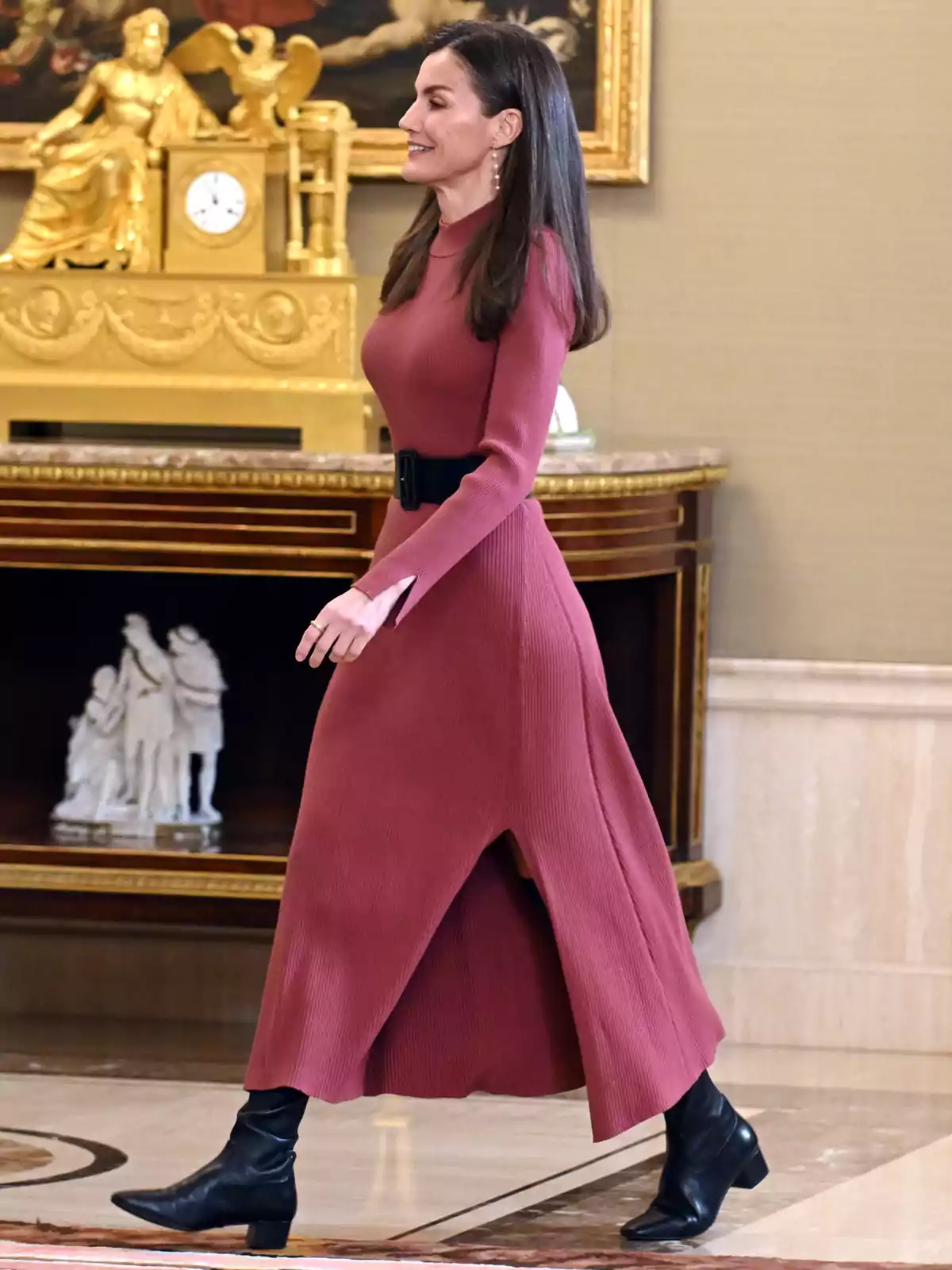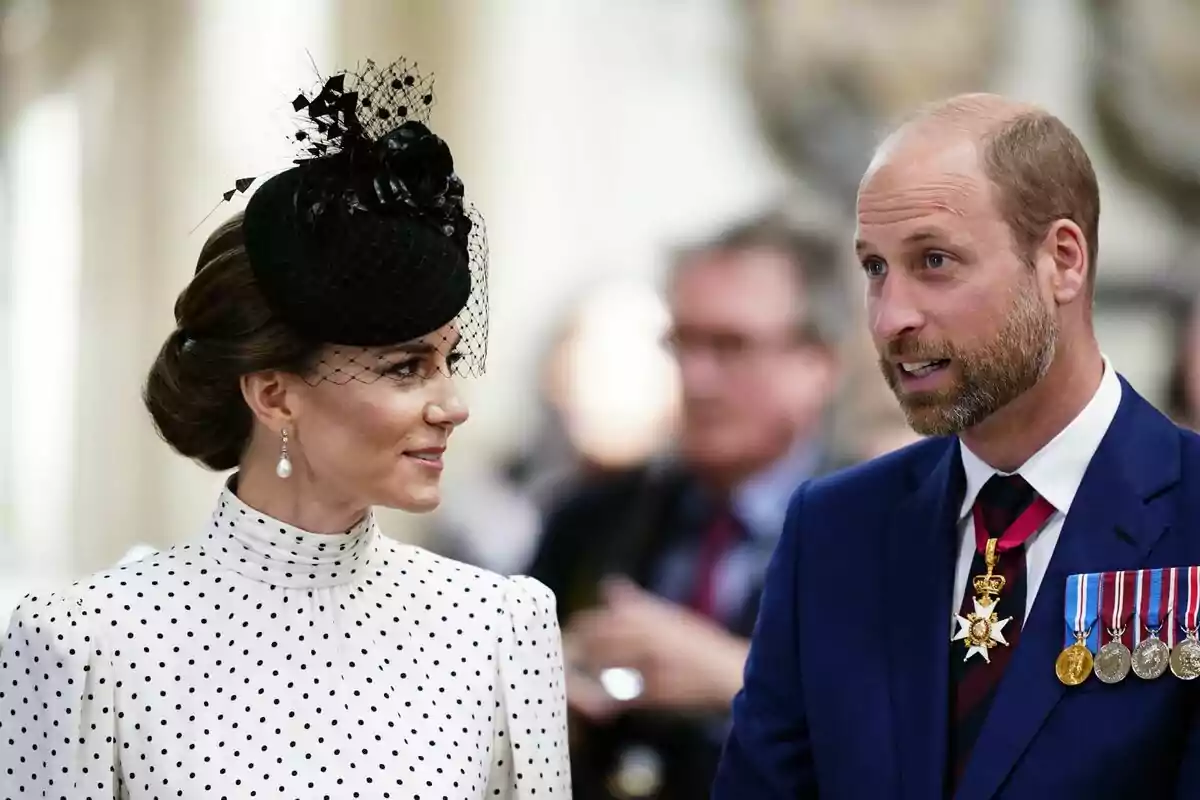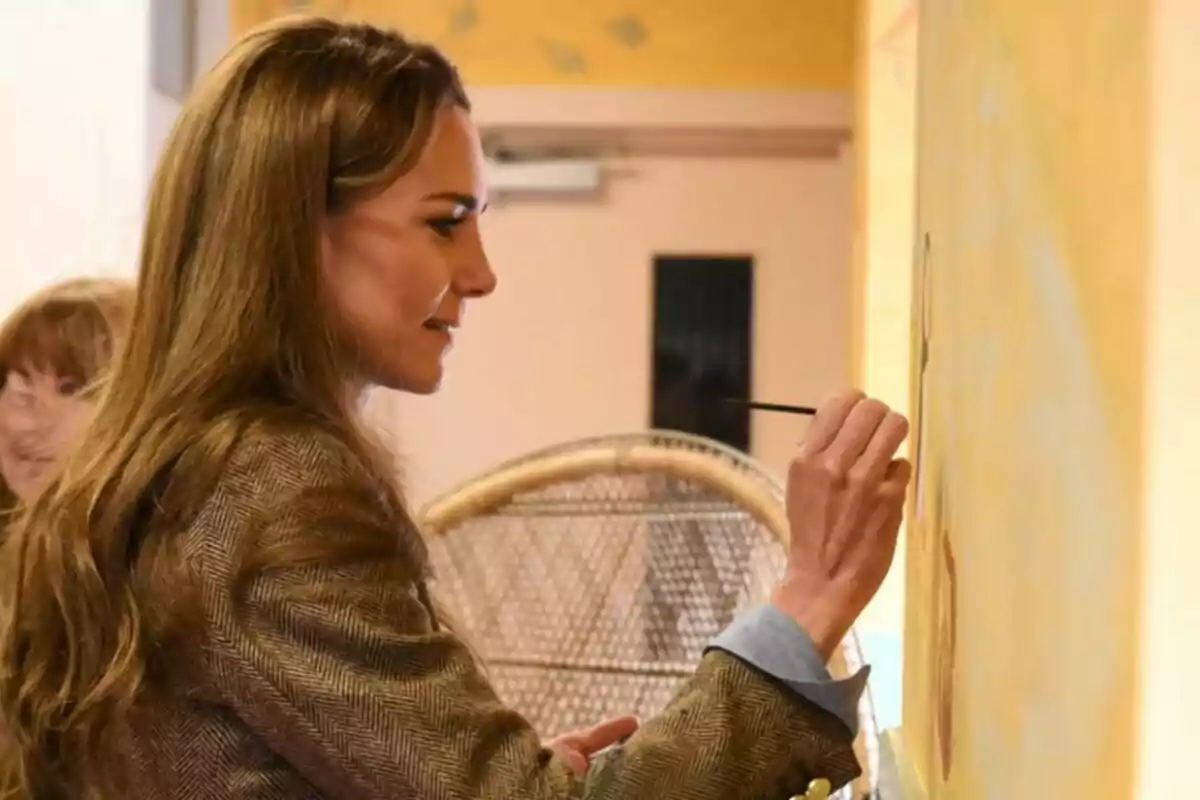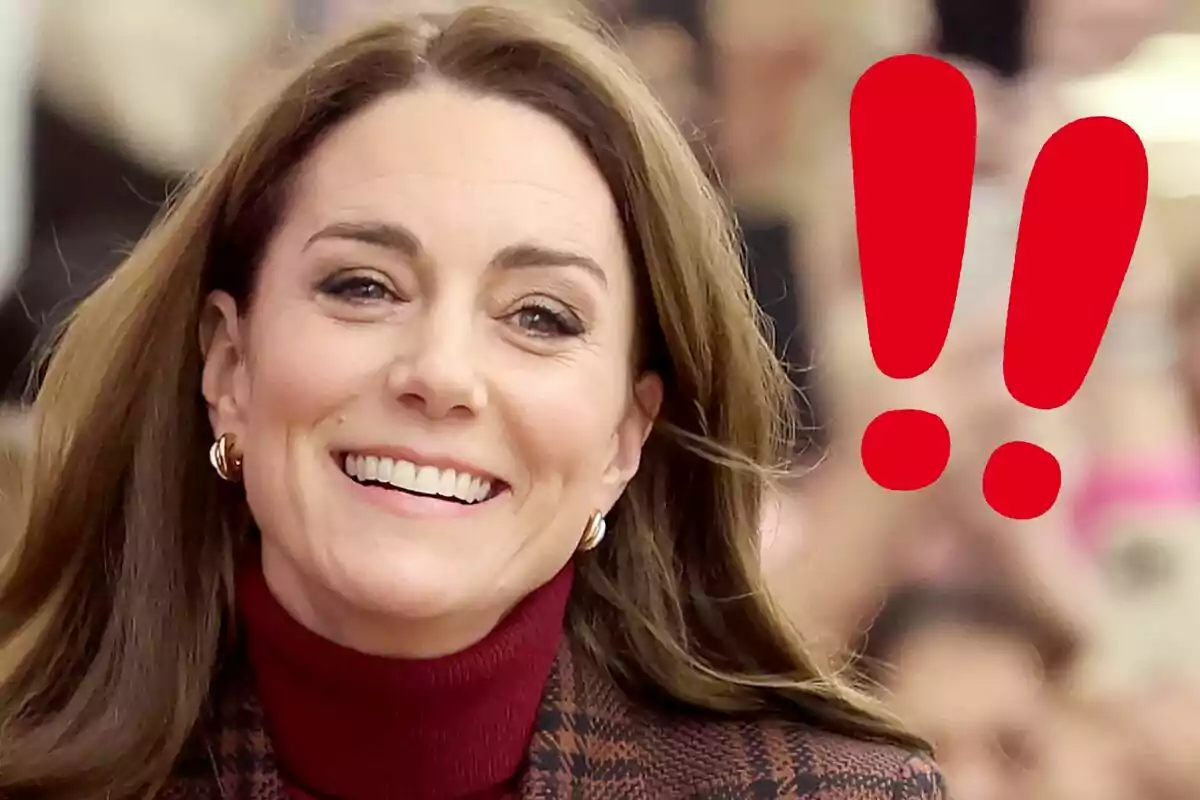Kensington Palace has put an end to all doubts about Kate Middleton's influence. The institution has publicly acknowledged that the Princess of Wales has as much international impact as Queen Letizia. For many, Kate even surpasses the Spanish consort in media impact.
This recognition has surprised much of the continent. Just a few weeks ago, British media claimed that Letizia was the best-dressed royal in Europe. The statement was unexpected, as it came from a country that has always proudly defended its monarchy.

England came to admire Letizia's style, which caused some stir. But now the discourse has changed radically, and British media support Kate Middleton without hesitation. Admiration for the princess has skyrocketed after learning about the figures she generates.
Those who doubted the so-called "Kate effect" now have data that leaves no room for interpretation. The Princess of Wales has become a crucial figure for the British fashion industry. Everything she wears becomes a trend and, consequently, money.
A recent study estimates that Kate contributes one billion euros to the sector each year. The figure reflects how her image directly influences the country's economy. The brands she manages to make visible experience immediate growth.
Kate Middleton surpasses her international rivals
The British magazine Vogue has published an extensive article that explains it in detail. It talks about how Kate has revalued national fashion since she was introduced as Prince William's fiancée. That day, with a blue dress costing 385 pounds, a revolution began.
The design she wore to announce her engagement sold out in just a few hours. Later, many brands launched replicas that also had great commercial success. Thus was born what Vogue calls "the Kate economy."
It's not an exaggeration or a passing trend. For more than a decade, the princess's wardrobe has been a high-value showcase for the United Kingdom. And not just for big names, but also for emerging brands.

Kate has managed to position herself as a patriotic shopper consistent with her institutional role. In her official appearances, she usually wears clothes from Alexander McQueen, Jenny Packham, or Burberry. But she also opts for more accessible brands like Reiss or Whistles.
The impact caused by each garment she wears is immediate. The blouse she wore after announcing her engagement sold in massive quantities. The design was even renamed after her as a sign of gratitude for the impact.
The phenomenon is not limited to casual clothing or public events. The best example of her power was her wedding dress, created by Sarah Burton for Alexander McQueen. That white design, with lace and a long train, marked a turning point in bridal fashion.
The dress became a global style icon. It was compared to Grace Kelly's and Diana of Wales's, although with its own identity. Thanks to that design, the McQueen brand tripled its sales and closed the year with more than 42 million pounds in revenue.
Kate Middleton's success in Europe
This type of impact is uncommon among current royals. Kate has known how to keep an elegant and consistent image over the years. She not only creates trends but also brings stability and coherence to the image of the Royal House.

While Letizia continues to stand out for her sophisticated and daring style, Kate prefers to keep faithful to a more conservative style. That consistency has allowed her to build a solid relationship with the British public. And also with the brands that have followed her from the beginning.
Although some European media continue to praise Queen Letizia, the focus seems to have shifted. Kensington has made it clear that the influence of the Princess of Wales is neither accidental nor superficial. It is a well-measured strategy that generates real benefits.
This institutional support not only reinforces her figure as a future queen. It also positions her as a cultural and economic asset for the country. In times of uncertainty, figures like hers bring cohesion, style, and economic return.
Now, with her image consolidated, Kate represents much more than a royal with good taste. She is a brand in herself, a consumption engine, and a reference in elegance. Kensington knows it and no longer hesitates to acknowledge it publicly.

